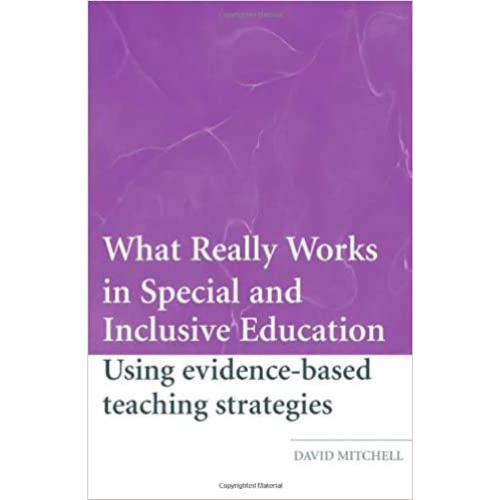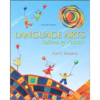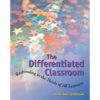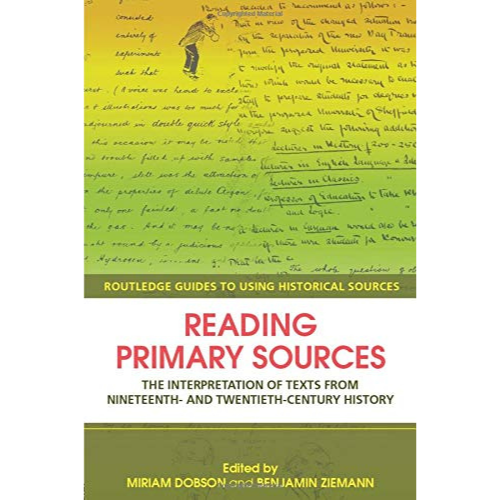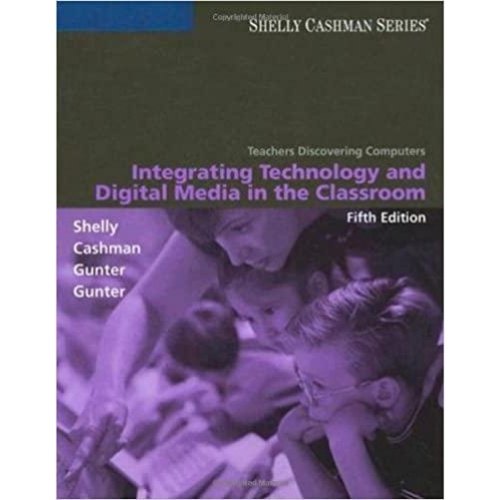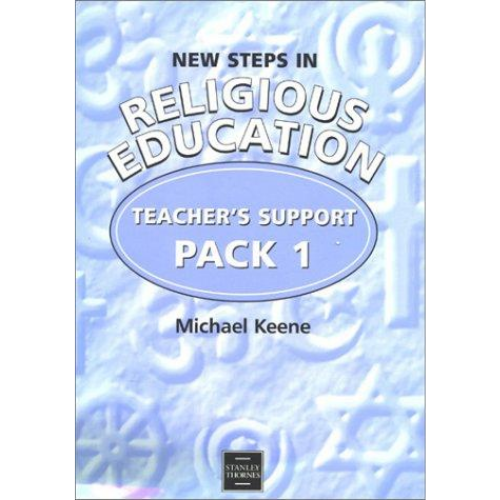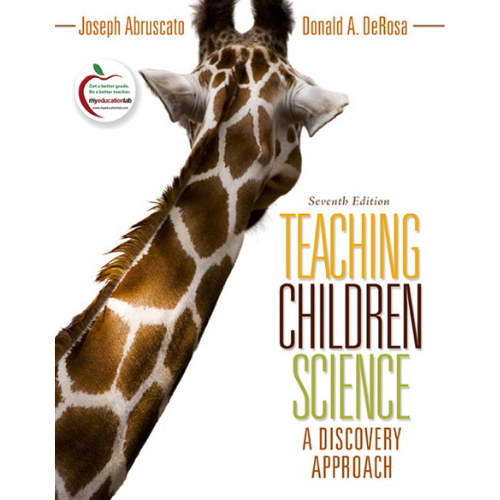What Really Works in Special Inclusive Education
$38.00
David Mitchell
SPED495
Teachers around the globe are anxious to develop genuine, evidence-based policies and practices in their teaching of children with special educational needs, yet this field is notorious for the significant gap that exists between research and practice.
What Really Works in Special and Inclusive Education presents educators of learners with special educational needs with a range of strategies they can implement right away in the classroom. David Mitchell, a leading writer in special and inclusive education, has distilled a huge range of recent studies that have the most genuine potential for improving the practices of teachers and schools, in order to help them produce high-quality learning and social outcomes for all.
In stock

